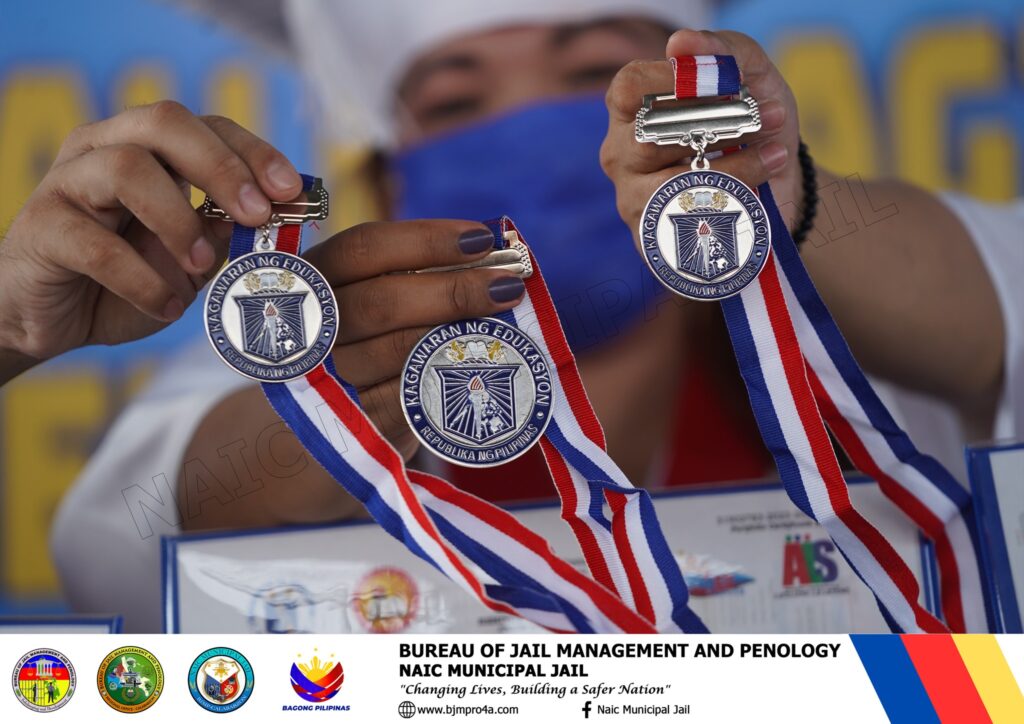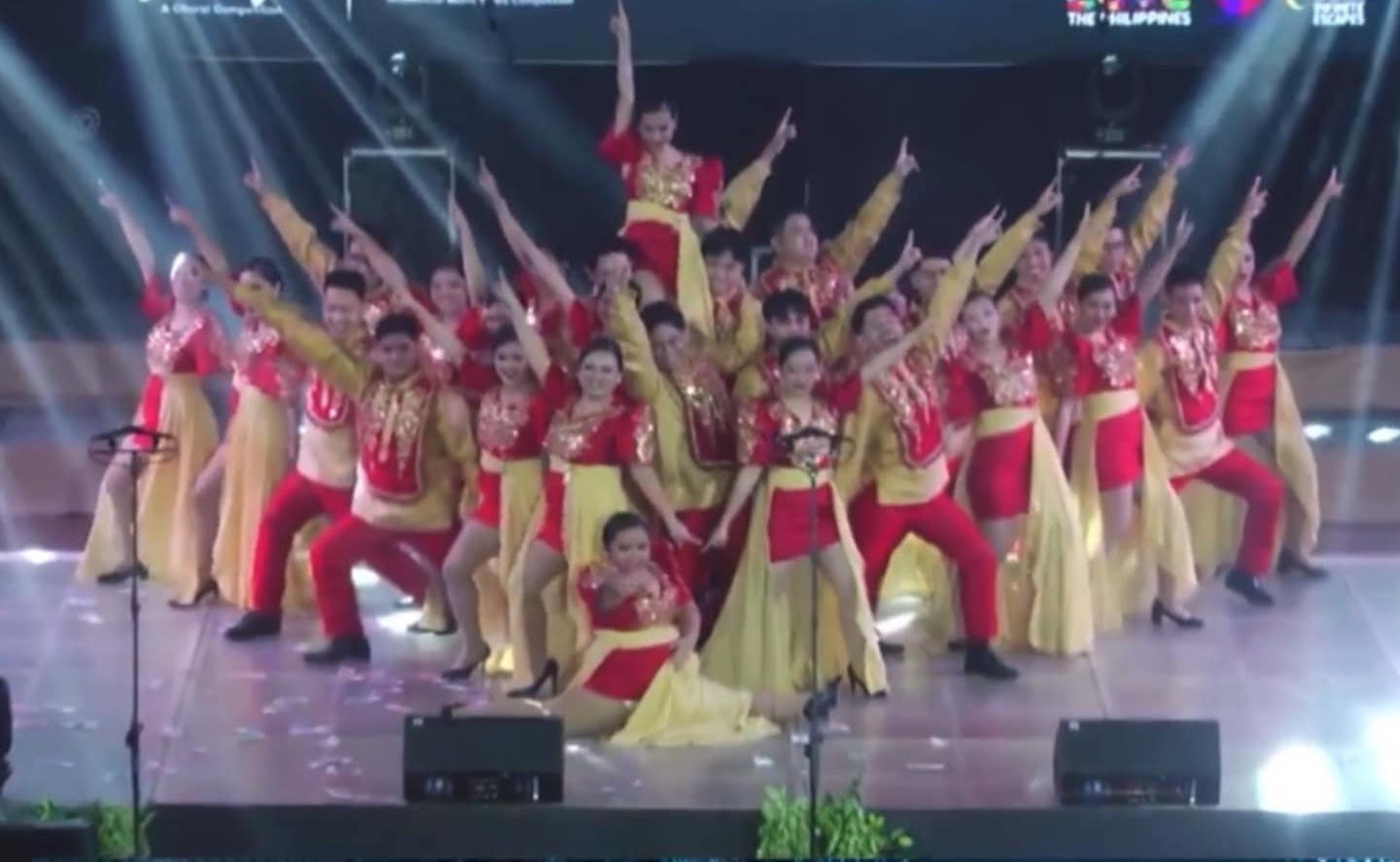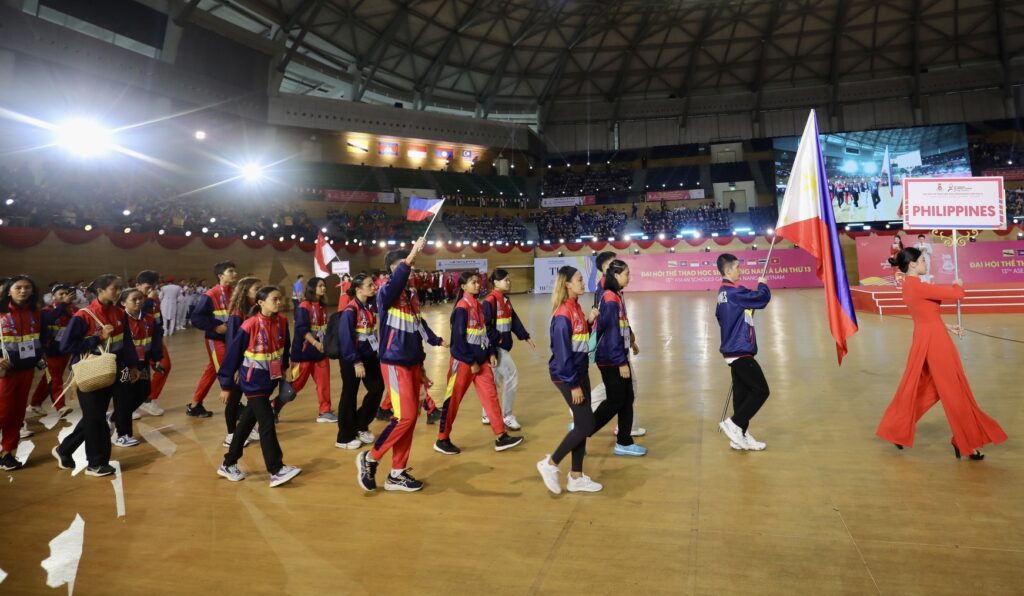
In a remarkable display of resilience and determination, 142 individuals deprived of liberty (PDLs) at the Naic Municipal Jail in Cavite, have graduated from elementary education and moved up to the junior high school level under the Alternative Learning System (ALS) program.
The graduation and moving-up ceremonies on May 30 marked a significant milestone for the PDLs, who had been given a second chance to break the cycle of crime and poverty through education.
“Each diploma is a testament to hope, determination, and second chances,” said Chief Inspector Ralph James Mayhay, the warden of the Naic Municipal Jail, in a Manila Bulletin report.
The PDLs’ journey from bars to books is a testament to the transformative power of education.
“As they step out of confinement and into the world beyond, armed with newfound knowledge, skills, and a renewed sense of purpose, may they continue to inspire others with their stories of courage, determination, and triumph,” said the Bureau of Jail Management and Penology (BJMP) in a Facebook post.
The BJMP and the ALS program have made significant strides in providing educational opportunities to PDLs, offering them a chance to rewrite their stories and reclaim their futures.
“Their journey is a reminder that education has the power to transform lives and break down barriers, opening doors to a future filled with possibilities,” the statement added.
The graduation ceremony was attended by BJMP Calabarzon Director Jail Chief Supt. Hilbert M. Flor, Dr. Felisa C Matel of ALS, Iluminada Lopez, Principal of San Roque Elementary School, ALS mobile teachers and coordinators, and parents and relatives of the PDLs.
The event was a celebration of the PDLs’ achievements and a reminder that education can be a powerful tool for rehabilitation and reintegration.
The PDLs’ stories serve as an inspiration to others facing similar challenges, highlighting the importance of providing educational opportunities to incarcerated individuals.
As they move forward, they will carry with them the knowledge and skills gained through the ALS program, empowering them to break free from the cycle of crime and poverty and forge a brighter future.


